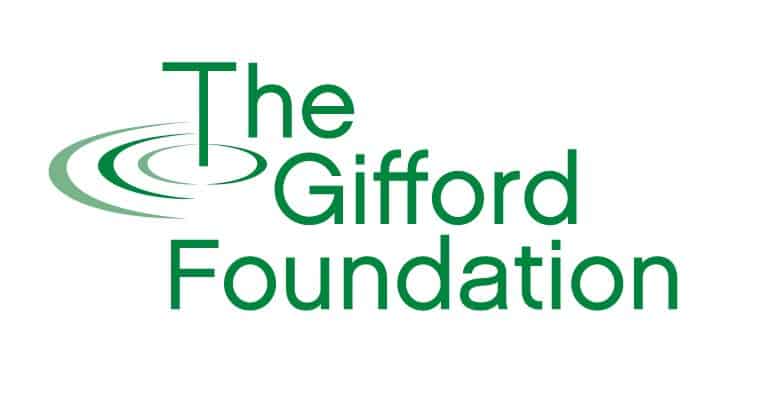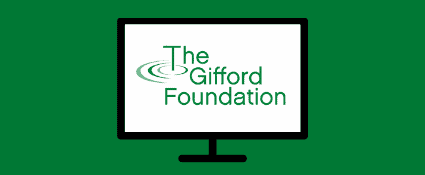Looking Back: Reflections on Board Service
Graduates from the Nourishing Tomorrow’s Leaders program share ideas, challenges, and lessons learned from their years serving on nonprofit boards.
Select a profile below to get started.
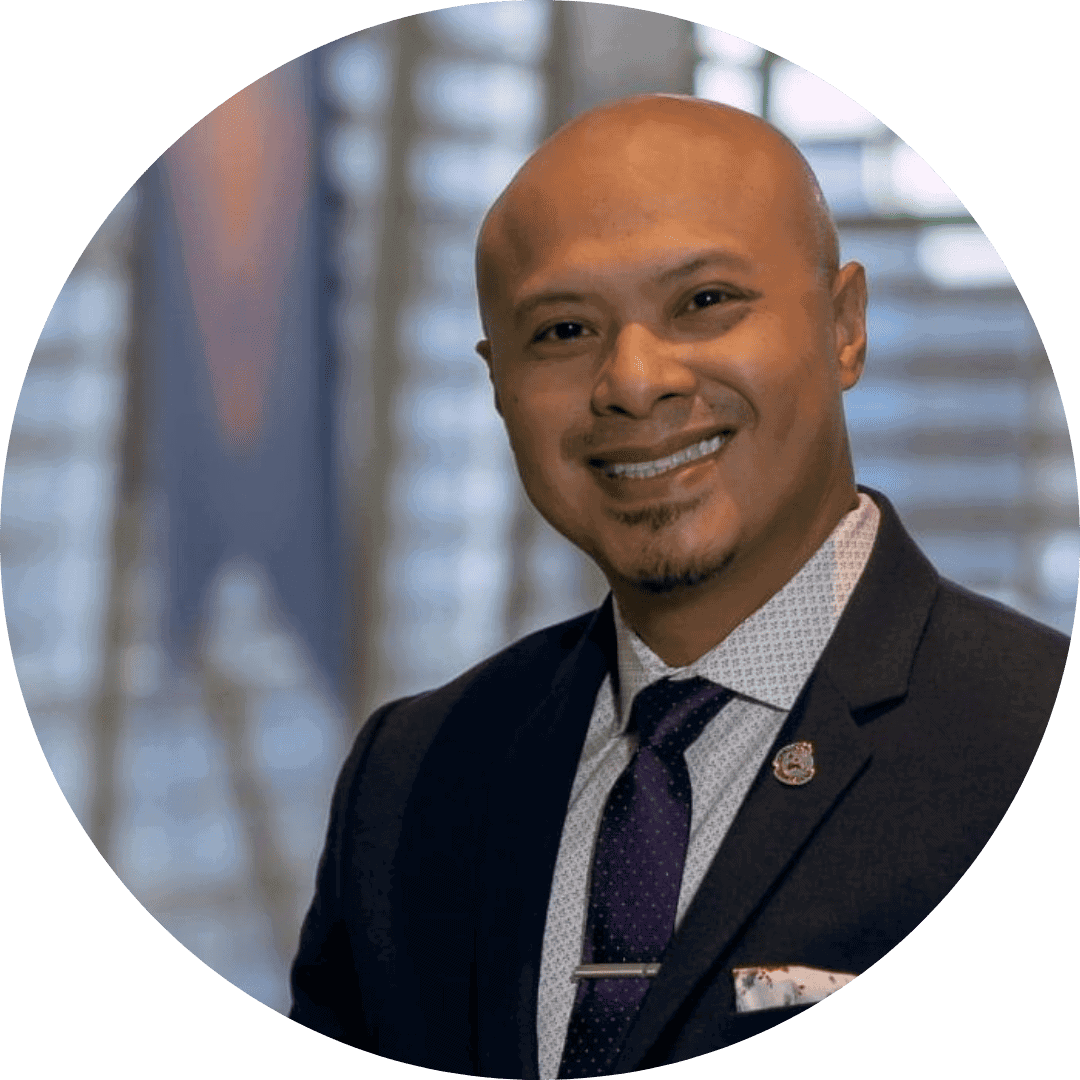
Emad Rahim
Class of 2020
Current Boards:
- UMEA
- The Central New York Community Foundation
- The Good Life Youth Foundation
- Onondaga Community College Scholarship Foundation
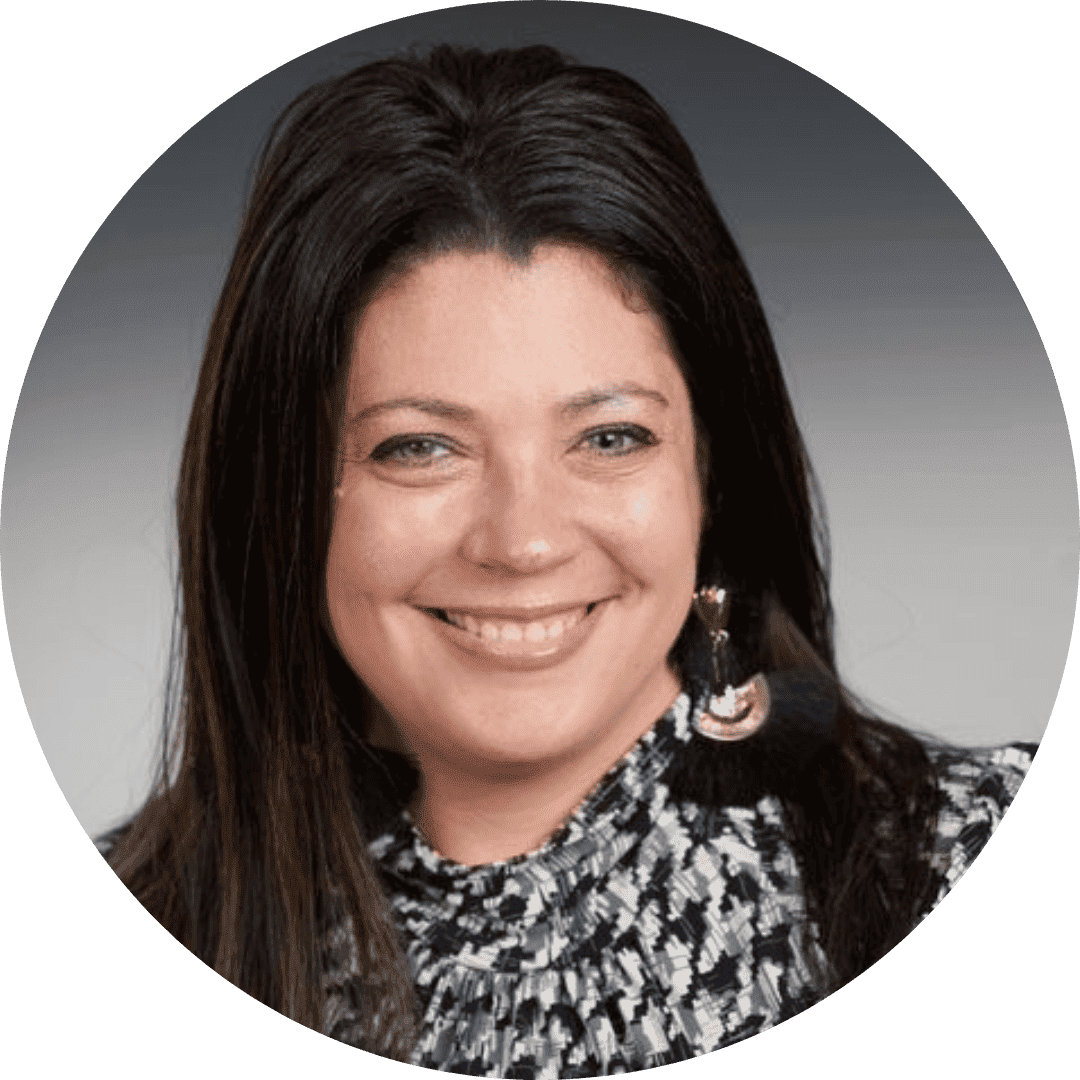
Dawn Penson
Class of 2015
Current Boards:
- ARISE
- Vera House
- National Federation for the Blind of New York
- National Federation for the Blind (Syracuse chapter)
- New York Assoc. of Blind Students
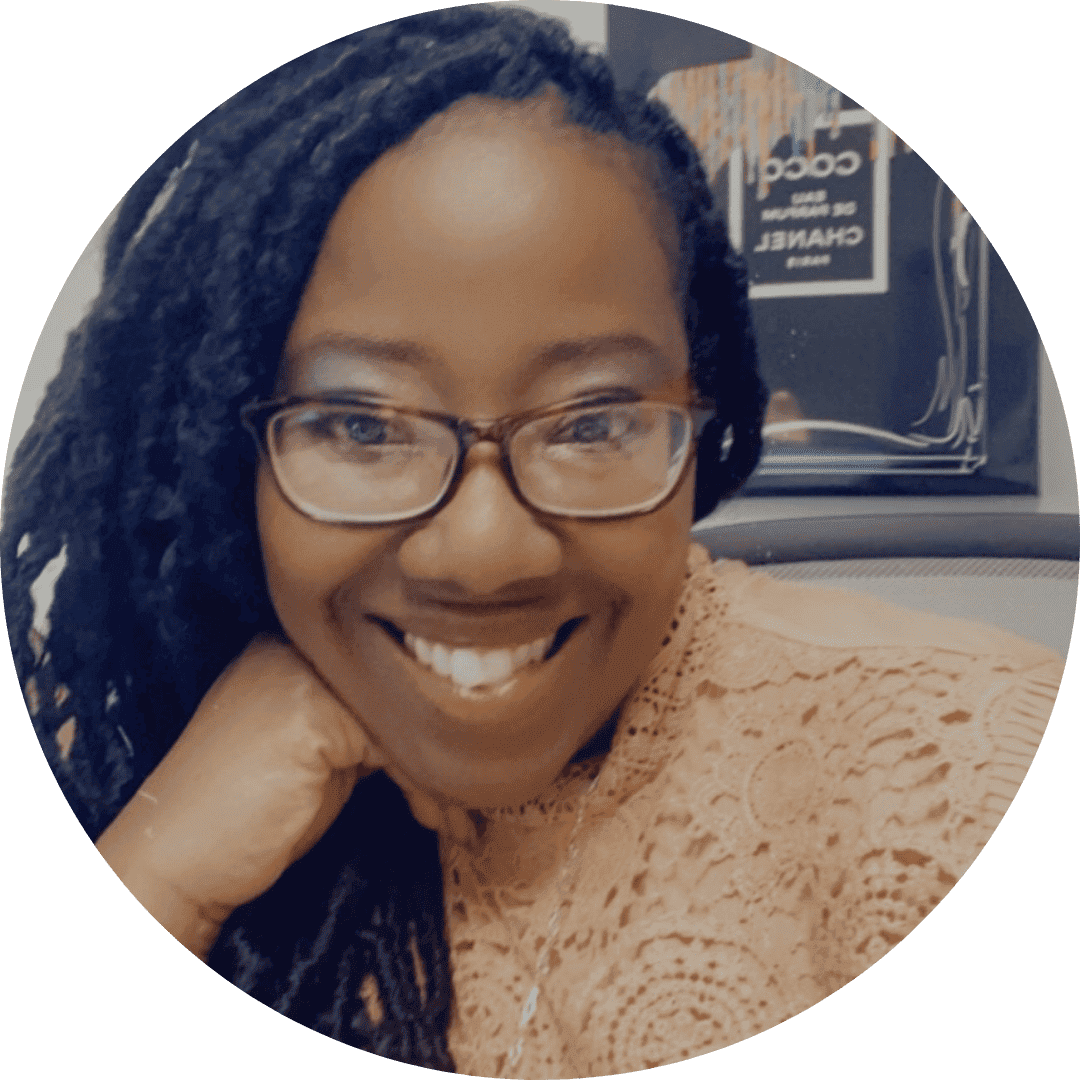
Kamesha Graves
Class of 2022
Current Boards:
- Believe in Syracuse
- Street Addiction
- Zeta Phi Beta Amicae

Emad Rahim
NTL Class of 2020
What was your first board experience?
It was an organization that focused on teen mental health and we had a radio show where teens would call in to talk and ask questions – this was back when radio was big, in the late ‘90s, early 2000s. I didn’t even know what a board was when I was invited on. I was only 23 at the time, so I was still very new to the space. I attended a few meetings but did not understand how it worked or my role. I felt like I had no place, and it was taking me away from making money for my family so eventually I stepped off.
I think this is a really common experience. When you first join a board, you might not know anybody there so every question may feel stupid and you may feel concerned and intimidated about asking questions or offering solutions. You might ask, “who am I to recommend these things when there are all these people with more experience”. Strong onboarding and mentorship can help address this.
Why did you decide to join NTL?
I wanted to see if there was something I was missing in terms of best practices. If you are a part of a board, sometimes that board is working in a silo. They don’t talk with other boards from other organizations. Sometimes we recreate the wheel and don’t need to. Stepping outside of the box and joining NTL helped me see what other people are doing, see what trends are emerging in this work, and find opportunities to collaborate.
What are some of the biggest challenges you see boards facing?
Many times you have people with good intentions but without the skillsets to move the organization forward. For example, people that are from the community contribute to the board by sharing concerns and trends that you may not be aware of because they live in that community and can advocate for it. But sometimes you have too many of that and don’t have the person who has a background in accounting, or in marketing, or someone with strong leadership and strategic planning experience which you do need as a nonprofit organization.
Nonprofits working within one community often struggle with getting people outside of the community to serve and diversify their talent. They also often lack an exit strategy and are stuck in the startup Lifecycle. I once served on a board that was entirely made up of people working at Syracuse University, and although they had lots of resources at their disposal and big plans – they never wanted to leave campus to actually do the work.
What can nonprofits do to successfully attract new talent to their board?
I always go back to mission alignment: you have to map what your organization does in terms of community impact and use it as a selling point with the organization or individual you are trying to partner with. If you do your homework, you will identify various law firms, accounting firms, even marketing firms or universities, that have a DEI initiative or a good track record with getting their people to volunteer in the community.
Once you have found an agency or individual with that level of engagement in the community already, and you can show that you are already doing that work and would benefit from their support, it’s a stronger selling point. Show that there is clear mission alignment and that it’s a “win-win” situation at the end of the day. Also, many law and accounting firms require that new associates put in a certain number of volunteer hours. Many organizations I have worked with would get a new accountant every two or three years from the same firm.
Is there anything else you would like to suggest to people serving on a board of directors?
It’s so important to look ahead. Be aware of technology and use it to help your organization move forward. Figure out how to develop the next group of people: not everyone on the board needs to have grey hair, or be losing their hair. You should create a strategy to include the next generation and then mentor them so that way you always have this good cycle of senior leaders stepping down and new leaders stepping up, and it can be an organic and strategic transition that doesn’t have to feel chaotic or rushed. The people moving up are already fully immersed before they reach the leadership level. And at the same time, those who are leaving should still want to and be able to stay engaged by sharing their history, knowledge, and other resources with the agency.

Dawn Penson
NTL Class of 2015
What motivated you to join NTL?
I was serving on the National Federation for the Blind board locally and interning at The Gifford Foundation. As I got a better idea of how the board interacts with the rest of the organization internally. I thought it was really interesting. Sheena helped me see that even though I was blind, I had a voice and boards needed voices like mine to be diverse and to function better.
Taking the NTL class actually led me to become the first person with a disability on the OCC board as a student representative.
What advice would you give someone in a board officer role?
Don’t be quick to react. Try to listen and get a sense where others are coming from because you will need to collaborate with them. And if you feel that there is a disagreement, make sure you take the time to fully understand their point of view before you respond.
What are some of the biggest challenges you see boards facing?
The first issue is egos: many board members have trouble putting their ego aside and putting the organization first. That’s number one. Just because you got outvoted on an issue doesn’t mean you aren’t still valued, yet some board members want to leave after a disagreement like that.
Number two is that board members often don’t trust their Executive Director or CEO to handle the organization. Those concerns should be discussed and hopefully a path forward can be found so everyone can continue with confidence.
Number three is that many organizations have a general lack of transparency between board and staff which creates dysfunction throughout the organization as things fall through the cracks.

Kamesha Graves
NTL Class of 2022
What motivated you to join NTL?
It was during the George Floyd protests that I decided I wanted to become more engaged. I had never been much of an activist, but I started documenting the ways in which I was talking about these issues with my children. We attended a protest at Syracuse University and I was interviewed there by a documentary crew. That led to people reaching out and inviting me to sit on some local boards.
Before NTL, I would show up without really understanding the bylaws, how to review financials, or having any clue about how to put forward a motion. Now I carry my NTL binder everywhere I go – I call it my “board bag” because it has all of my notes from the class about what the responsibilities of each role are, how to take minutes, reminders to calculate quorum… I learned every single thing I needed to know about being on a board through NTL.
What are some of the biggest challenges you see boards facing?
A lot of times attendance is the biggest issue. If a board doesn’t make quorum, they have to push everything until the next meeting and may not be able to cover everything then either. If people don’t show up, we need to start looking for people who bring fresh energy. One strategy is to alter the bylaws to make attendance a mandatory part of keeping your seat on the board.
What advice would you give someone serving as Board President?
Stay engaged, and don’t get frustrated, even if you feel like no one’s looking or no one’s hearing you out – just continue to put the message and encouragement out there. I try to send out messages weekly showing what other similar boards are up to, and also doing wellness checks to see how people are doing. I want them to know I care about them as a person, not just as a board member.
What do you wish you had known earlier?
I wish I knew how important the board actually is. Because I had been invited before, and I was just like, “I don’t want to go to no meetings!” [Laughs] I was younger and had young children. But I wish I had known the importance of it, and how much of a difference it makes within the nonprofit itself and in the community because I would’ve gotten involved a lot earlier.
